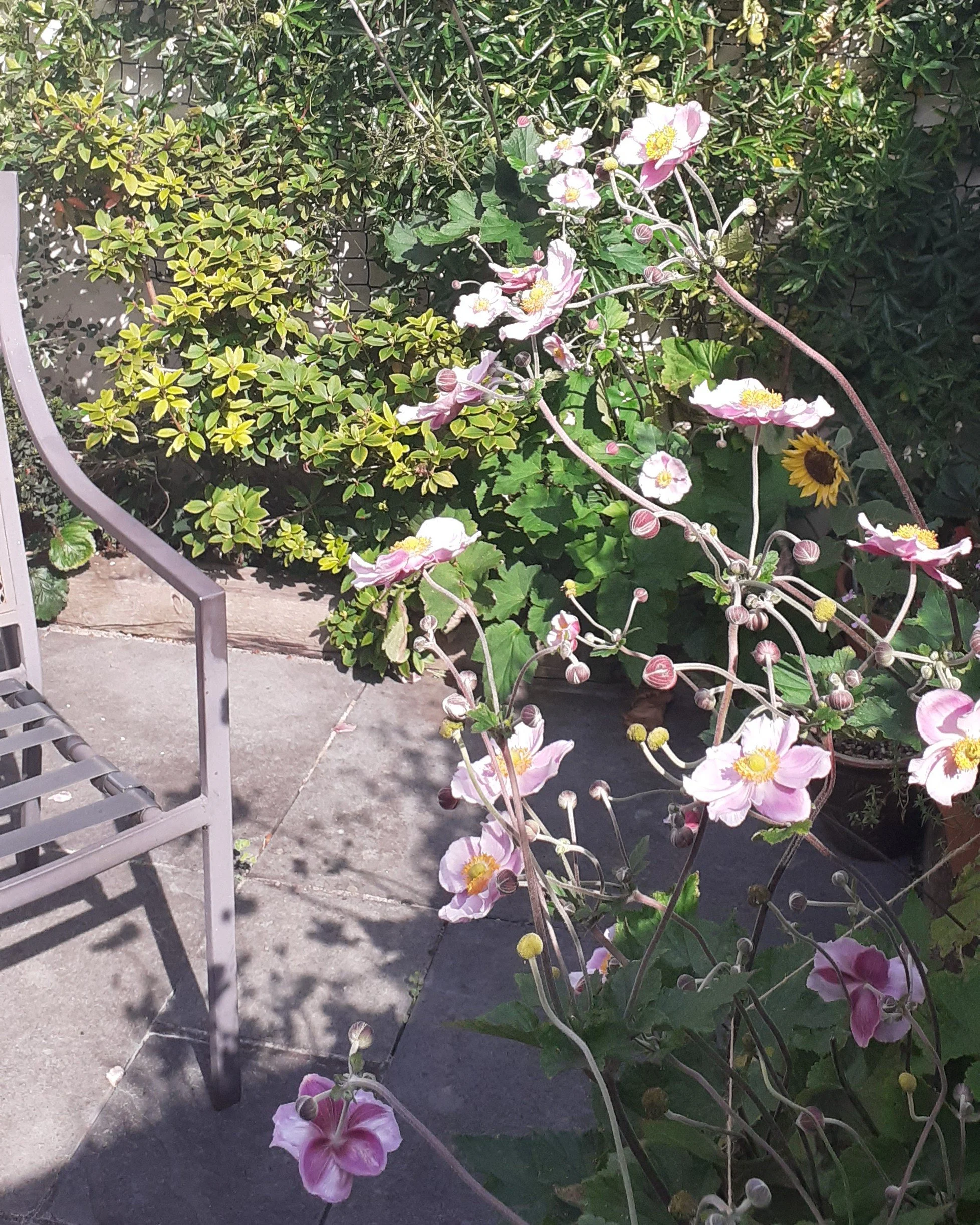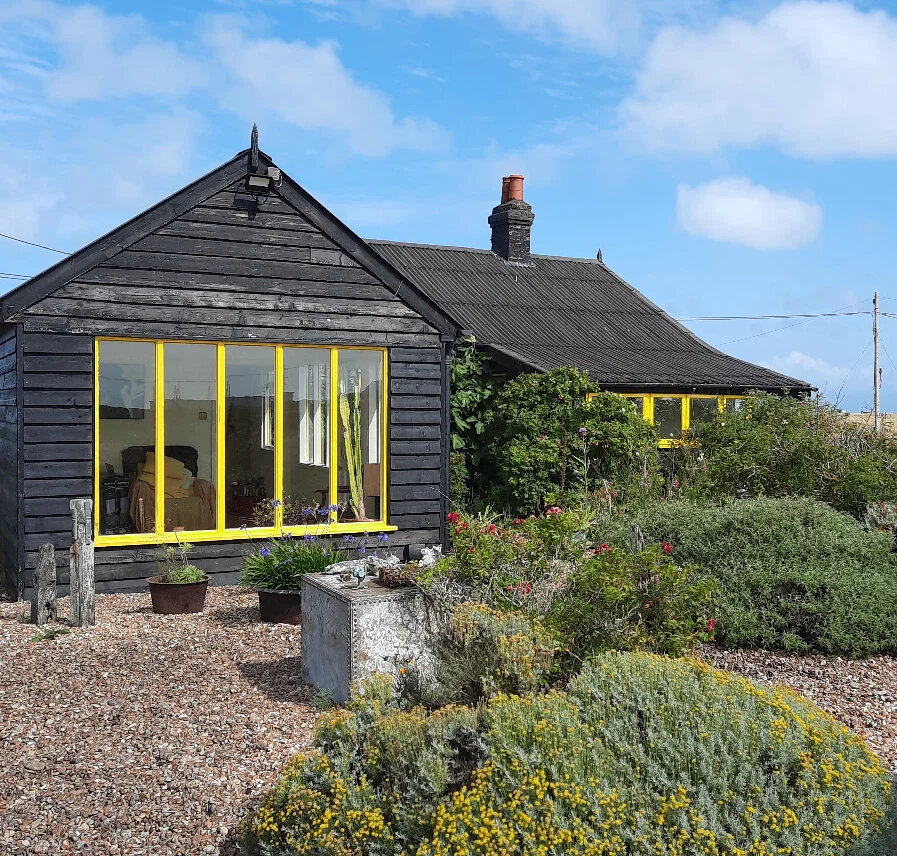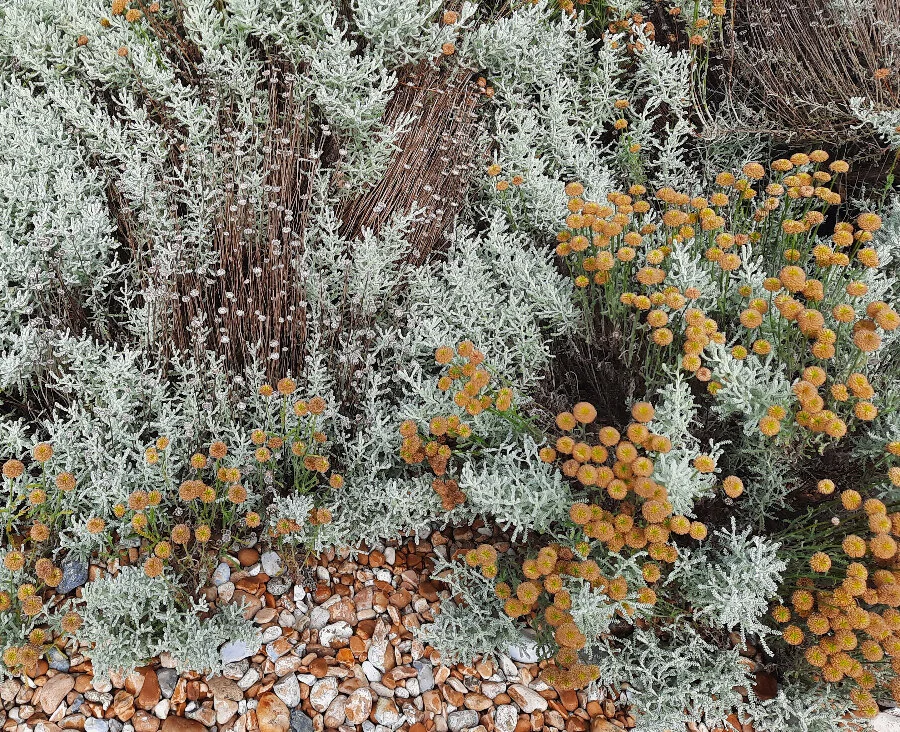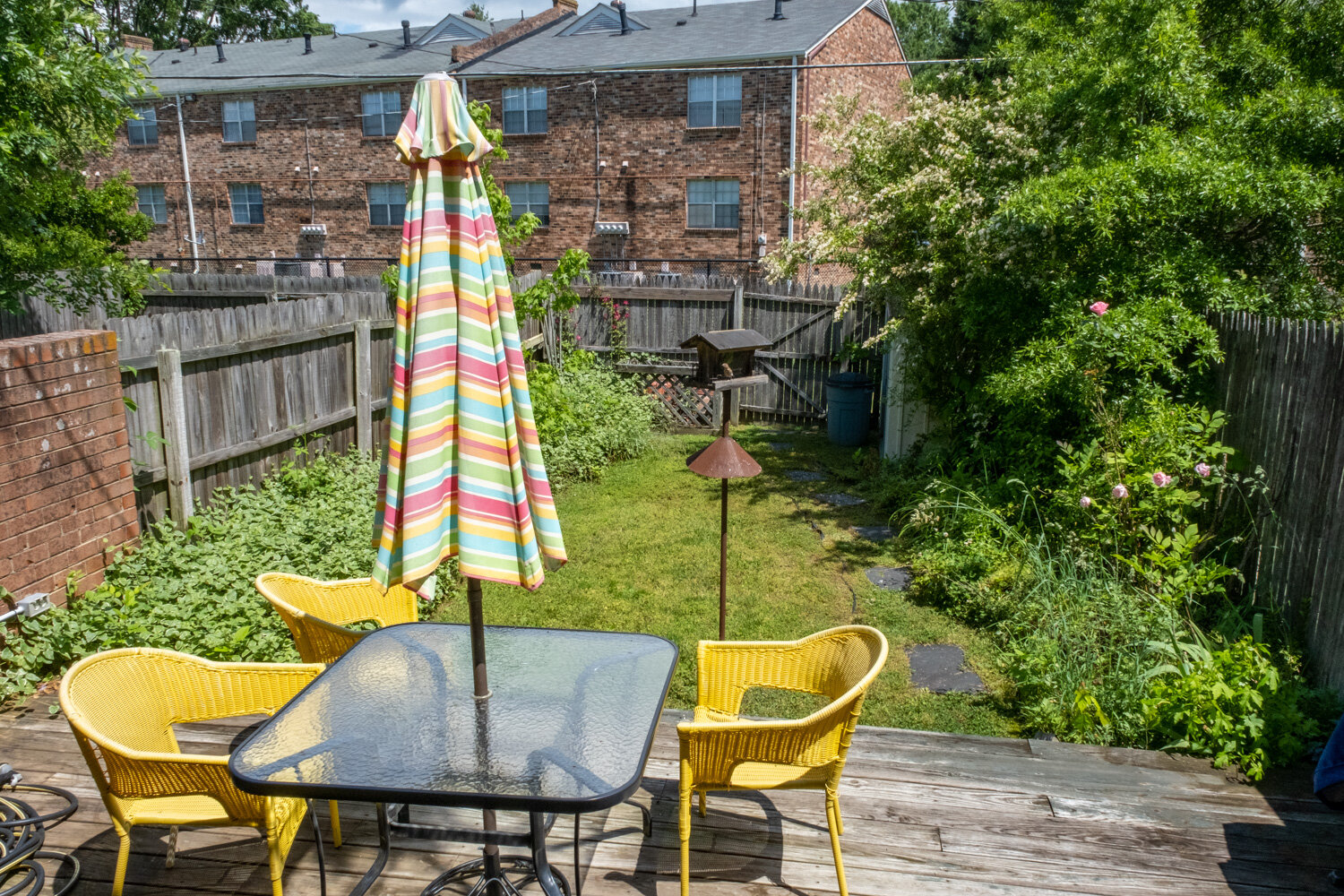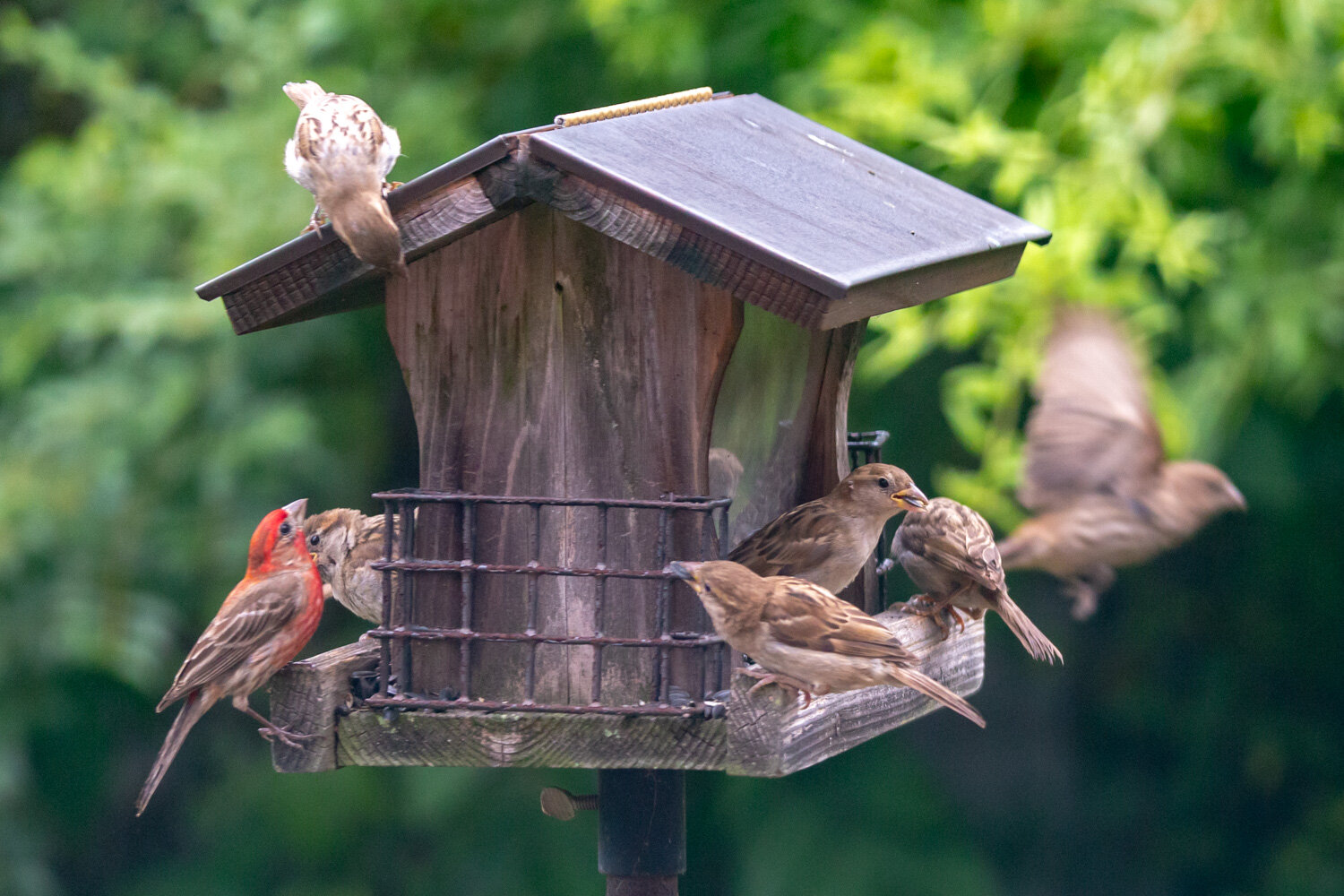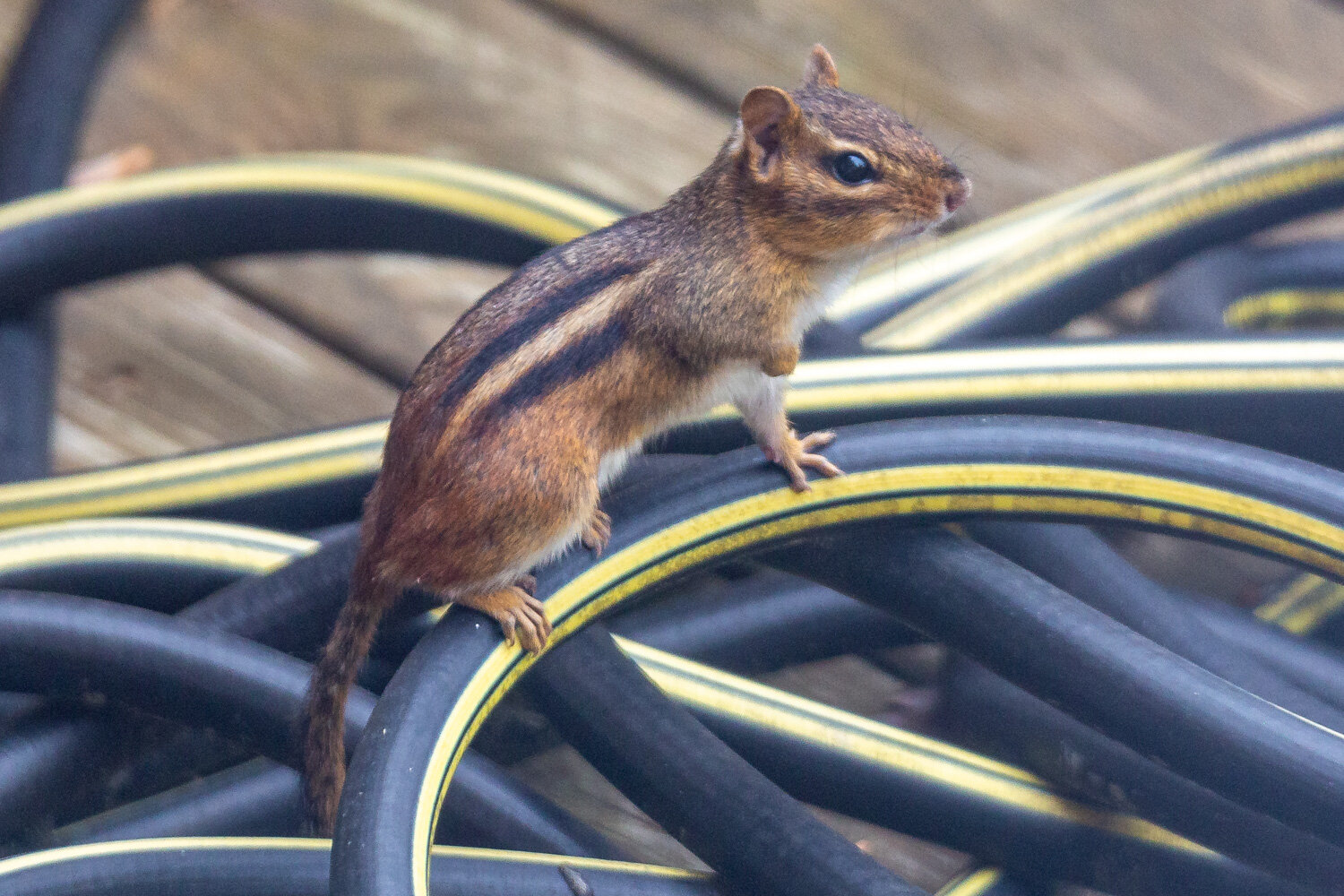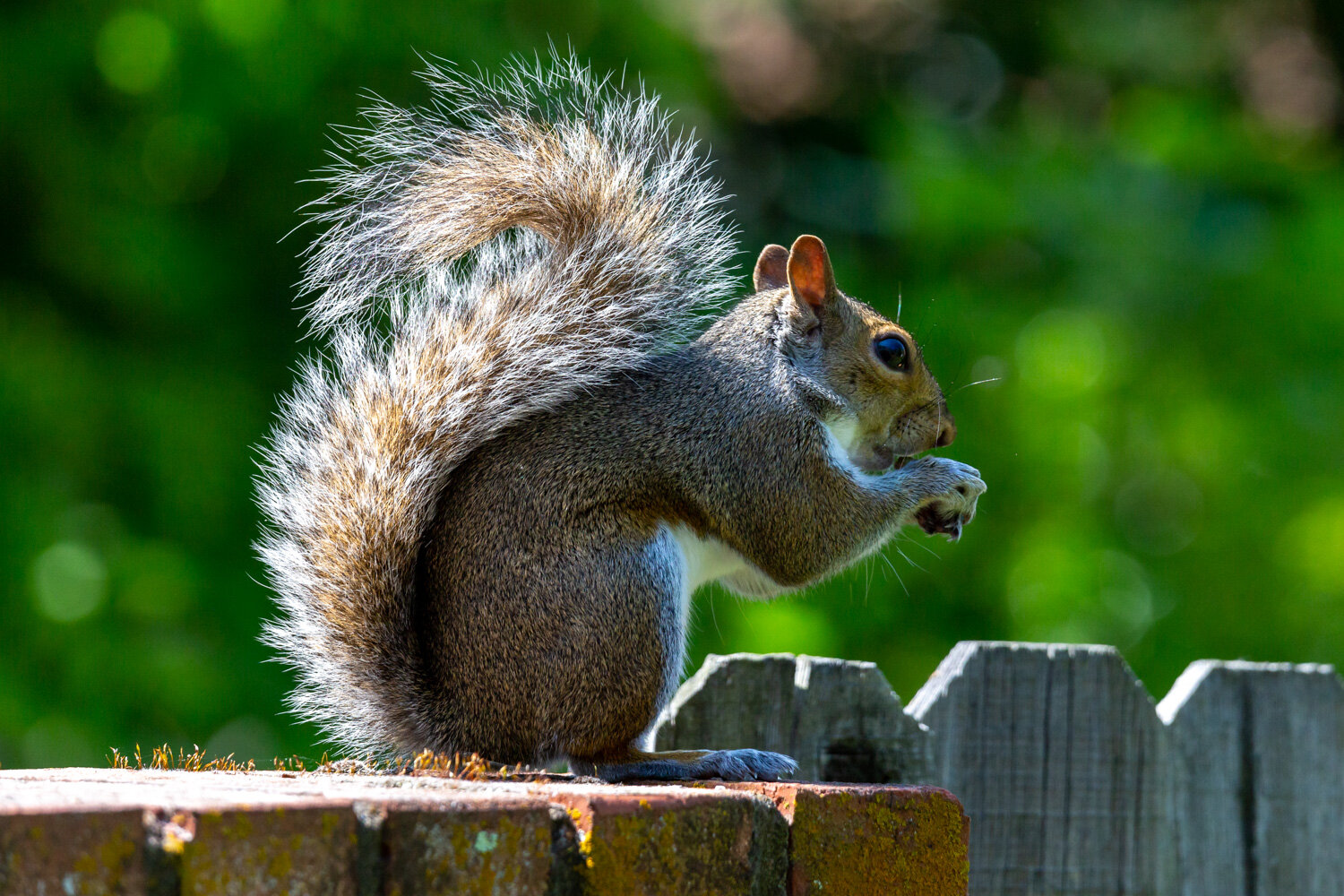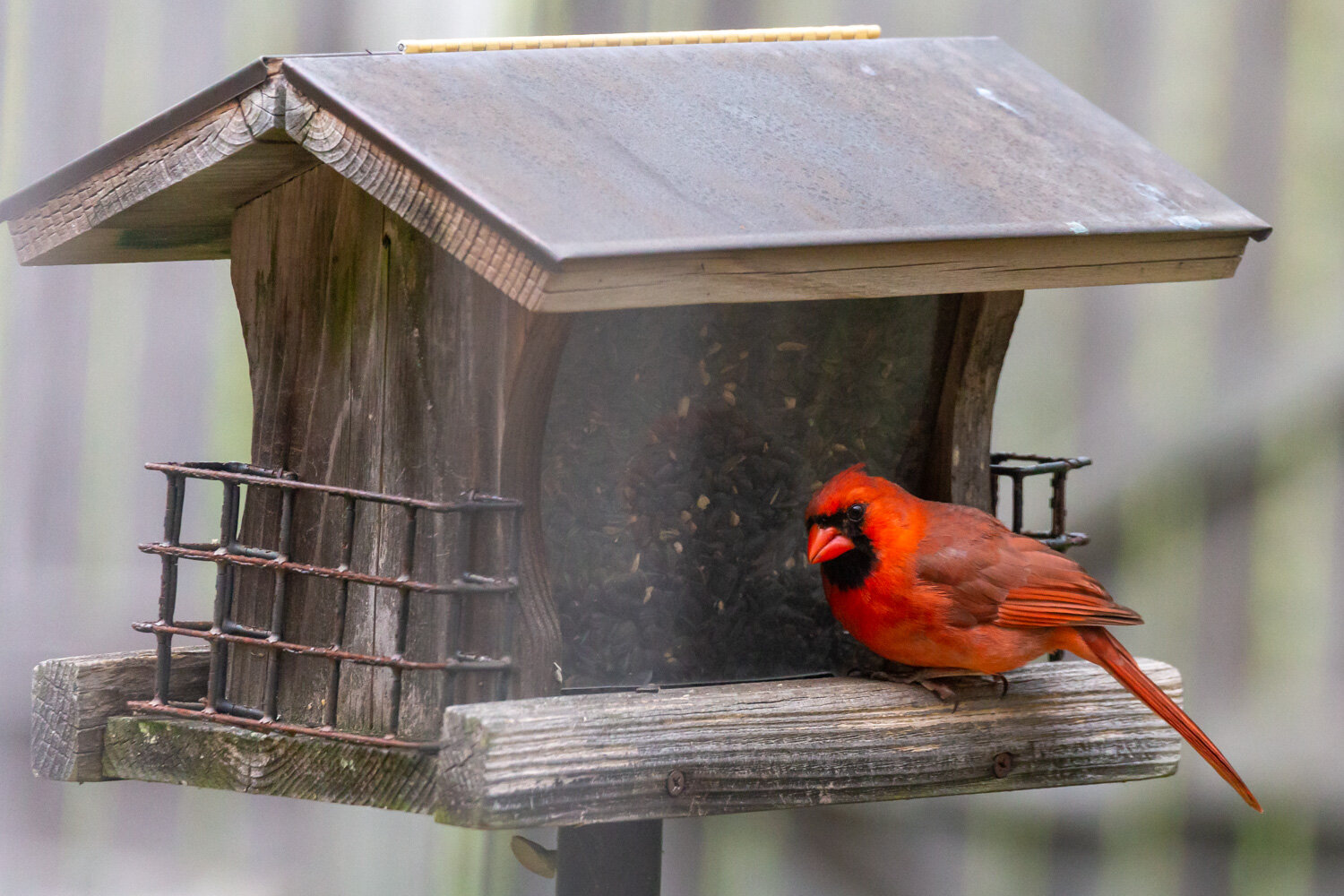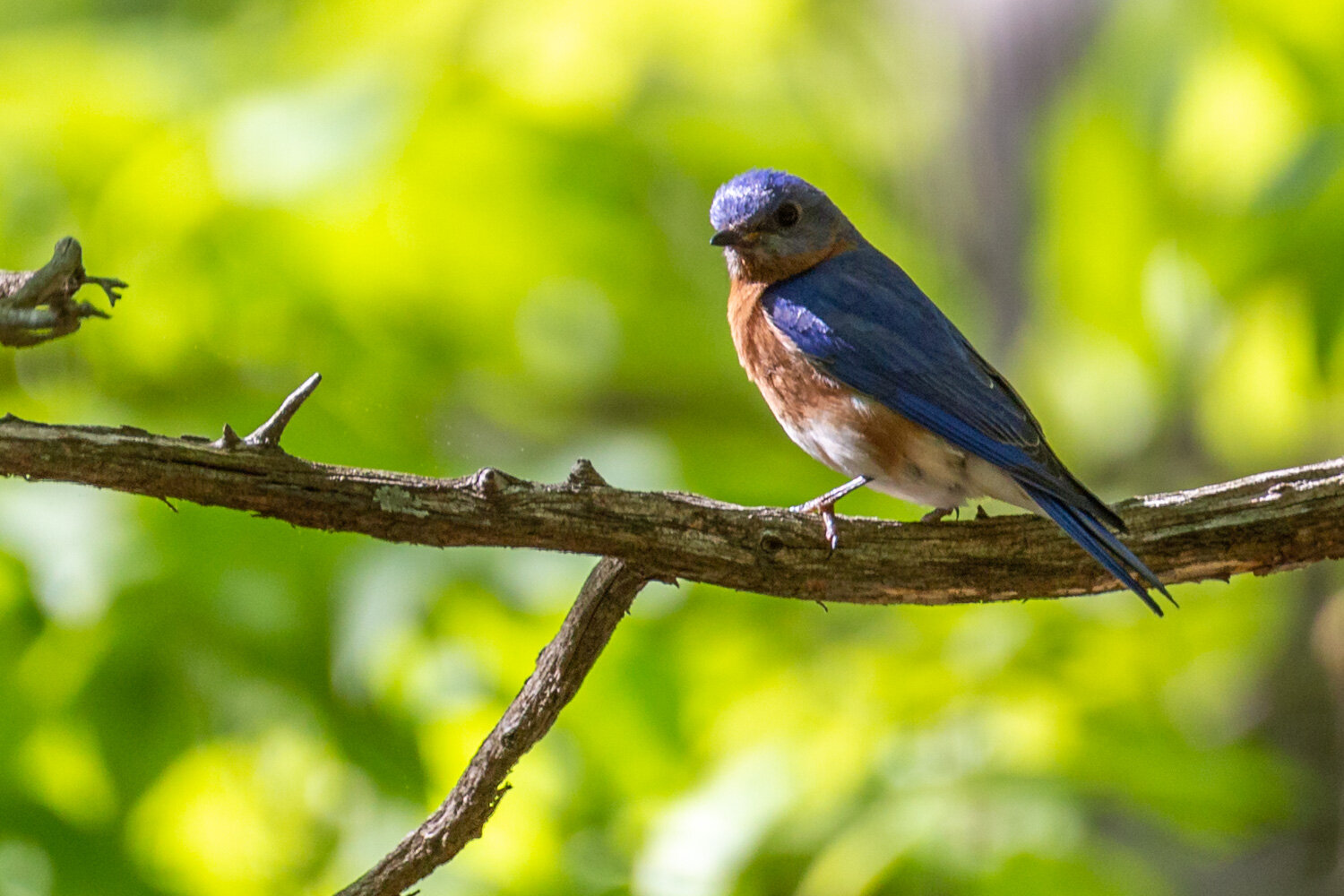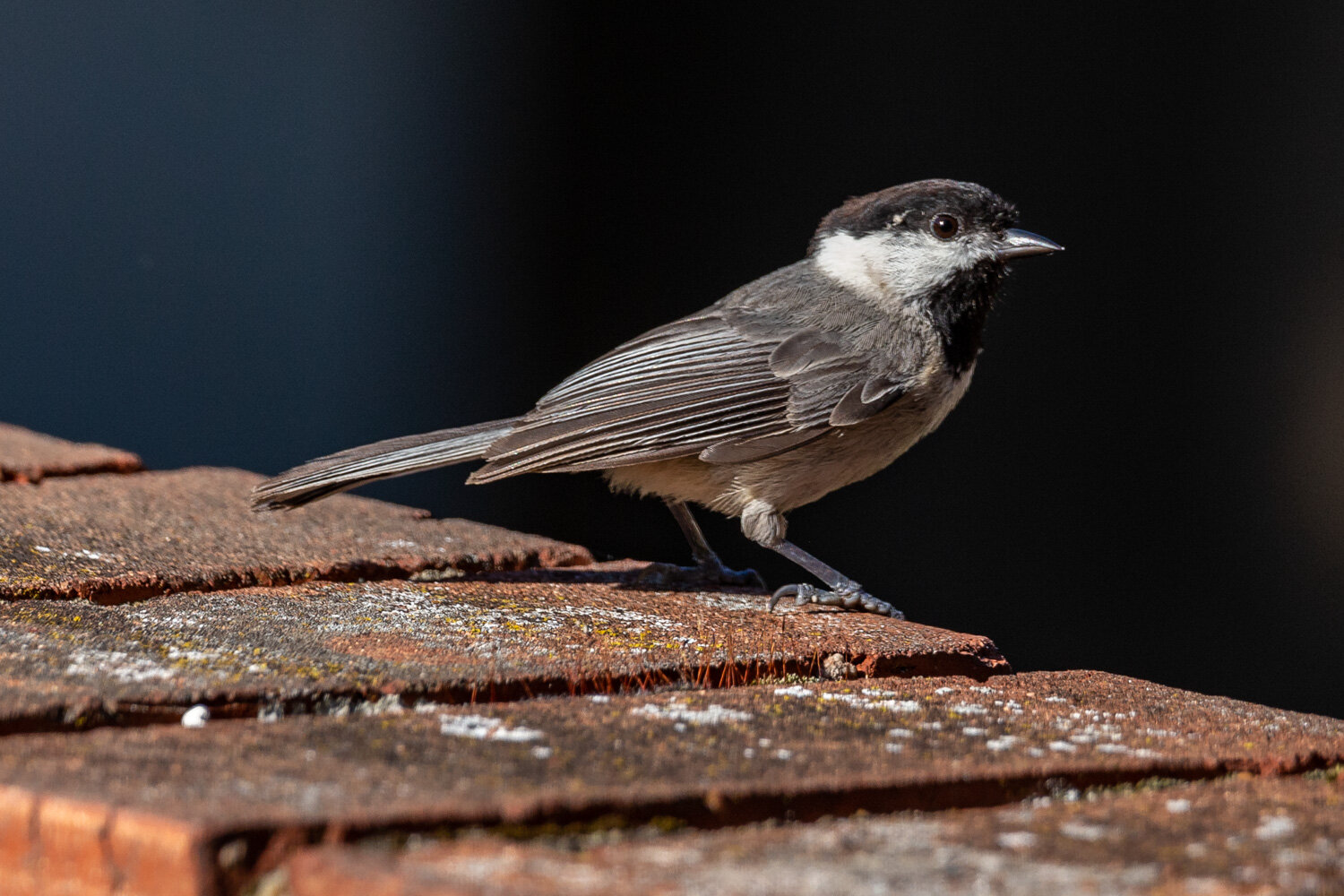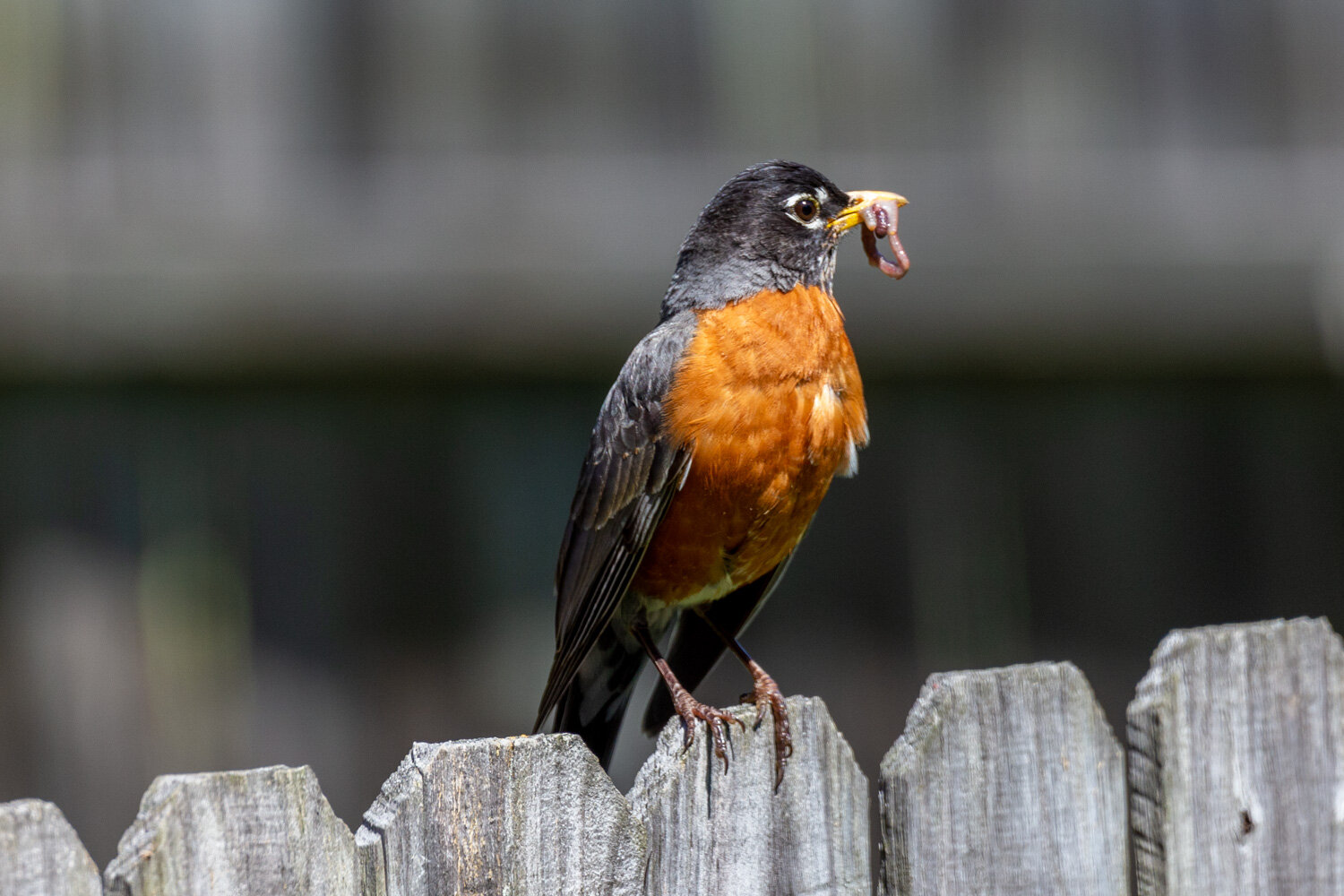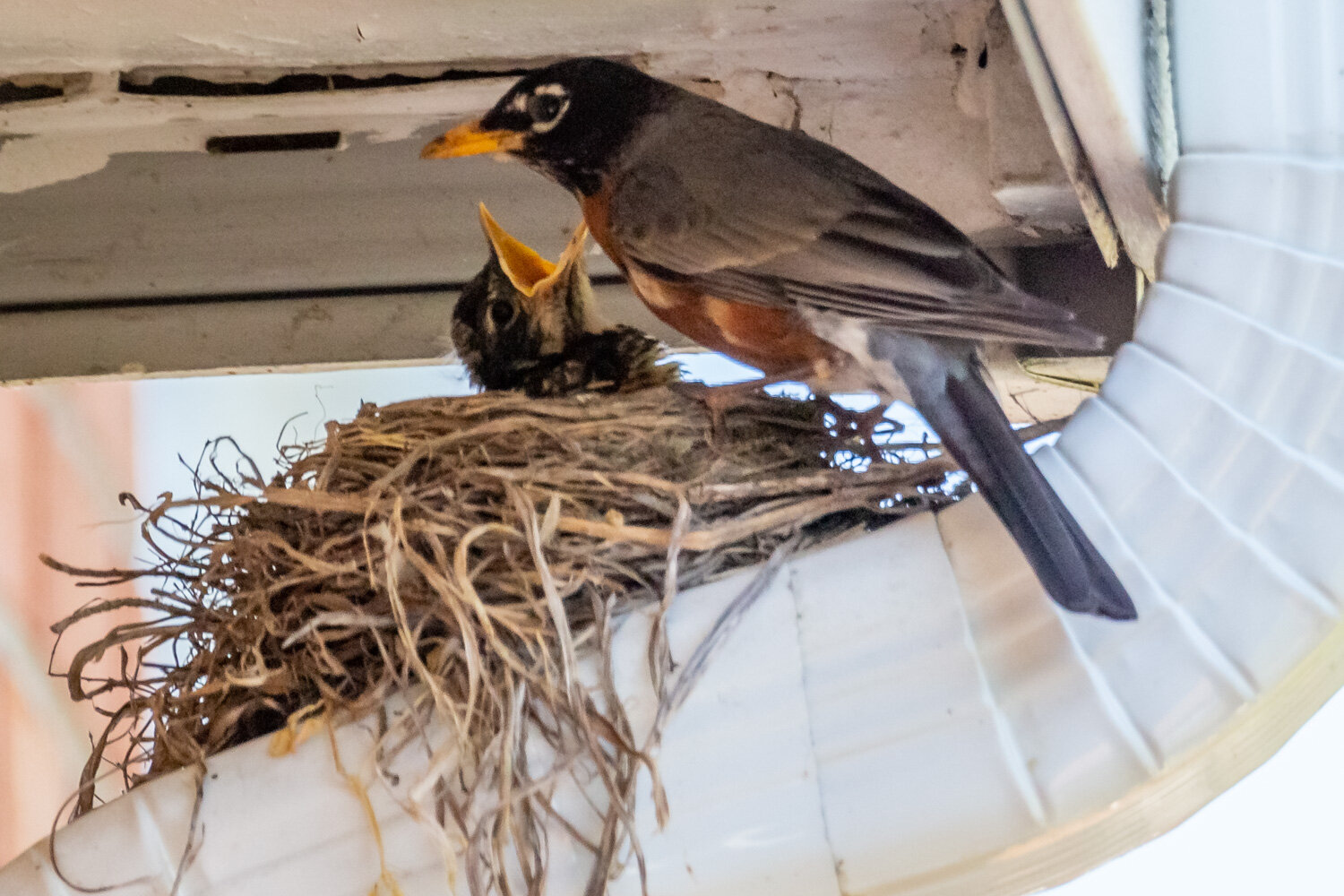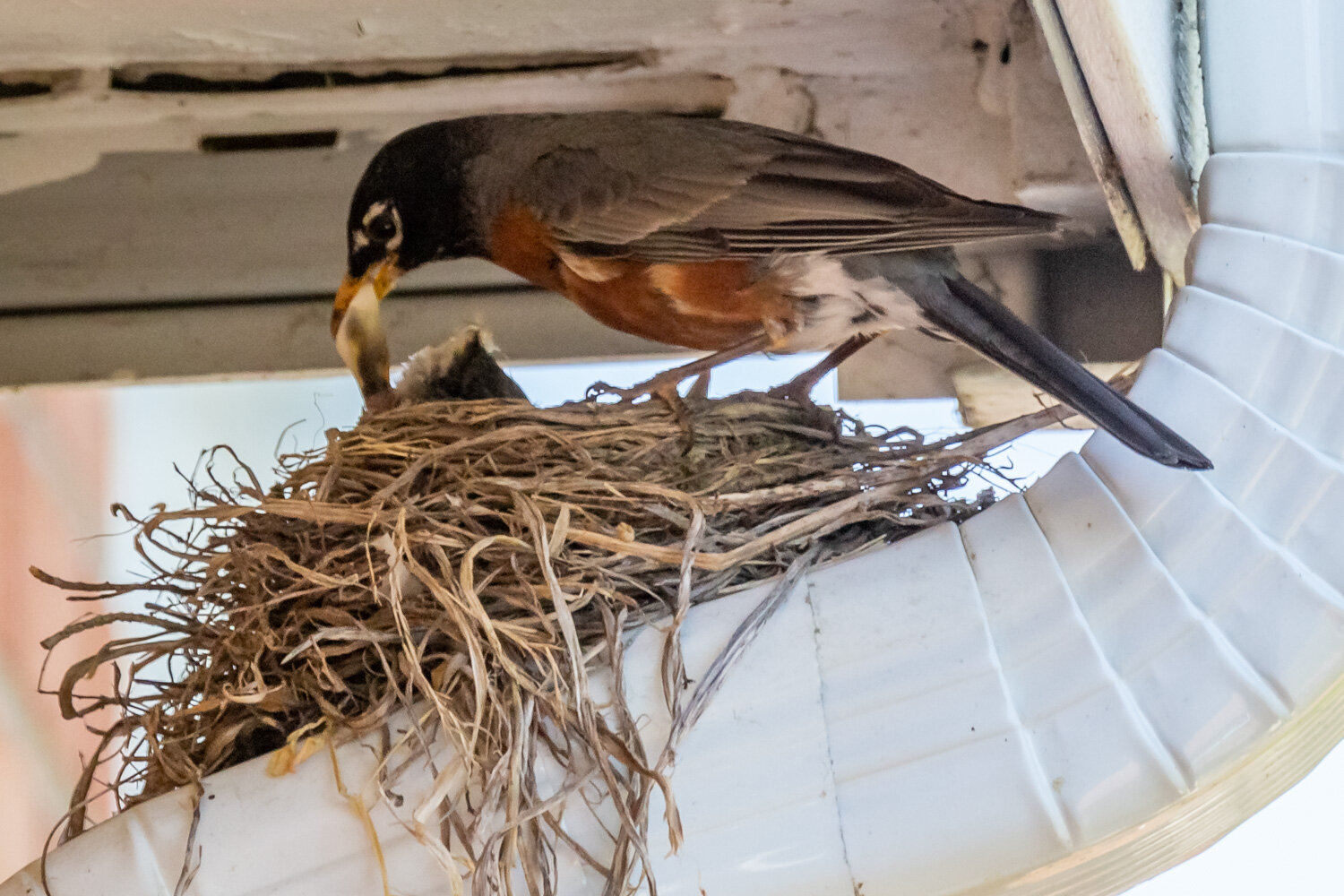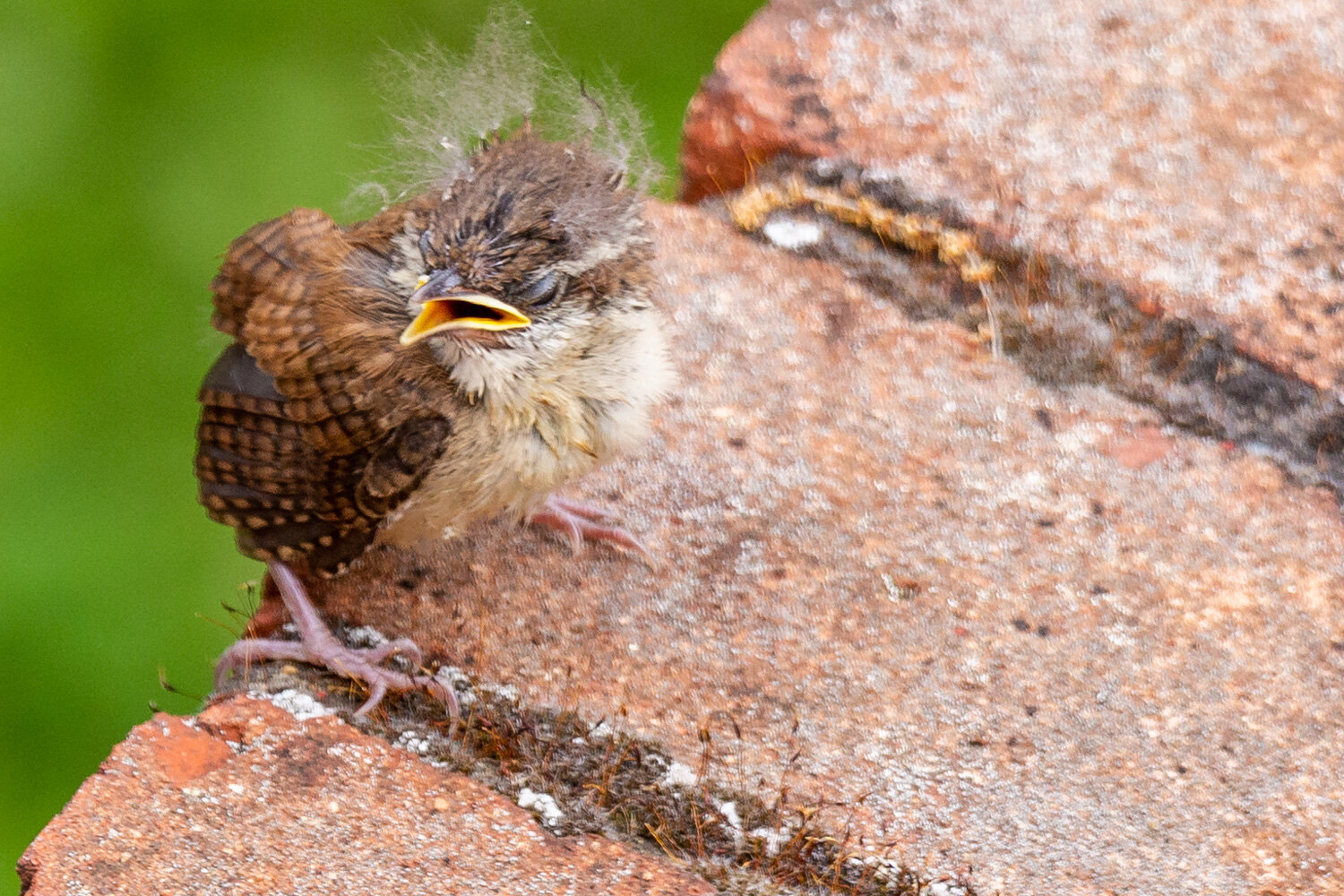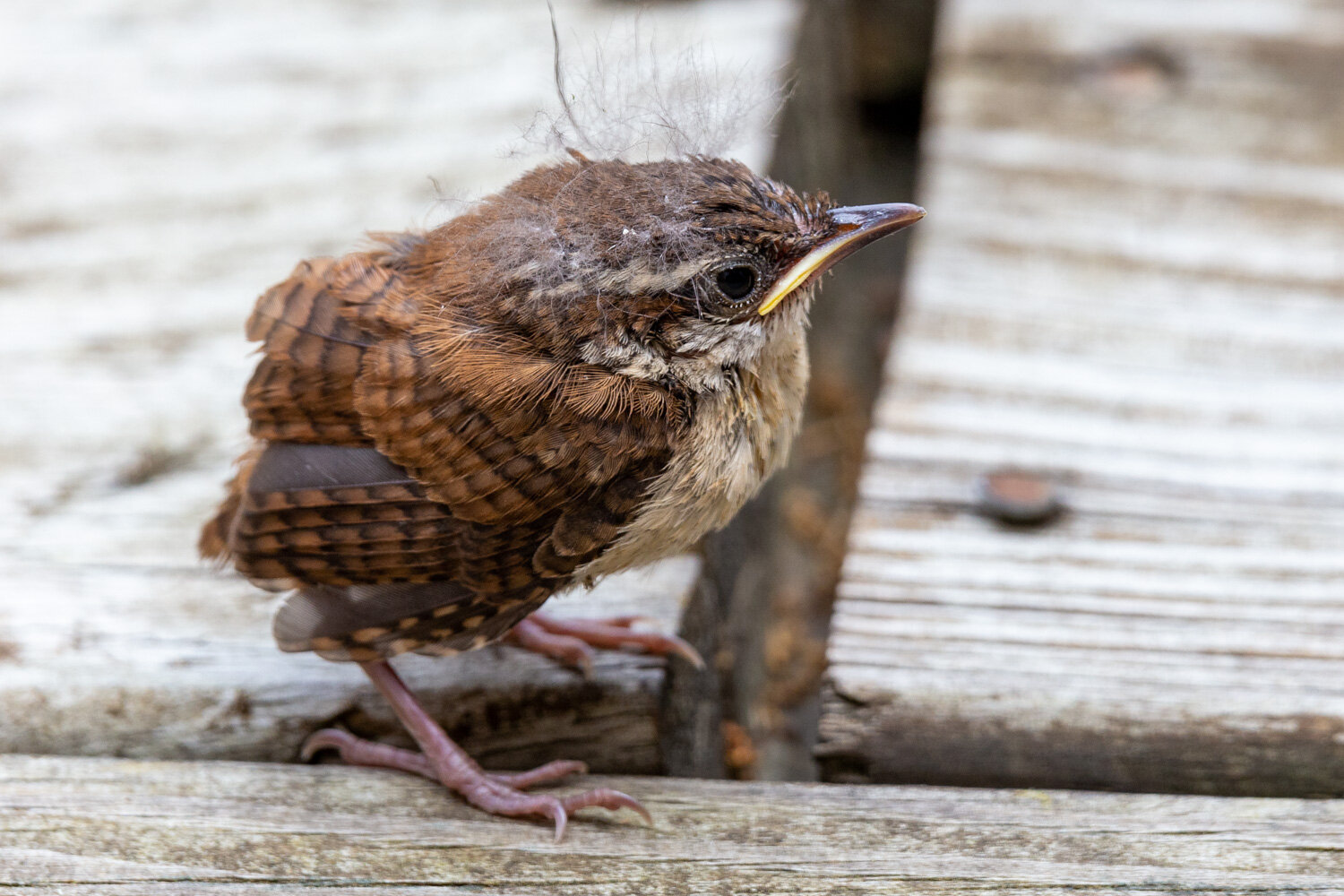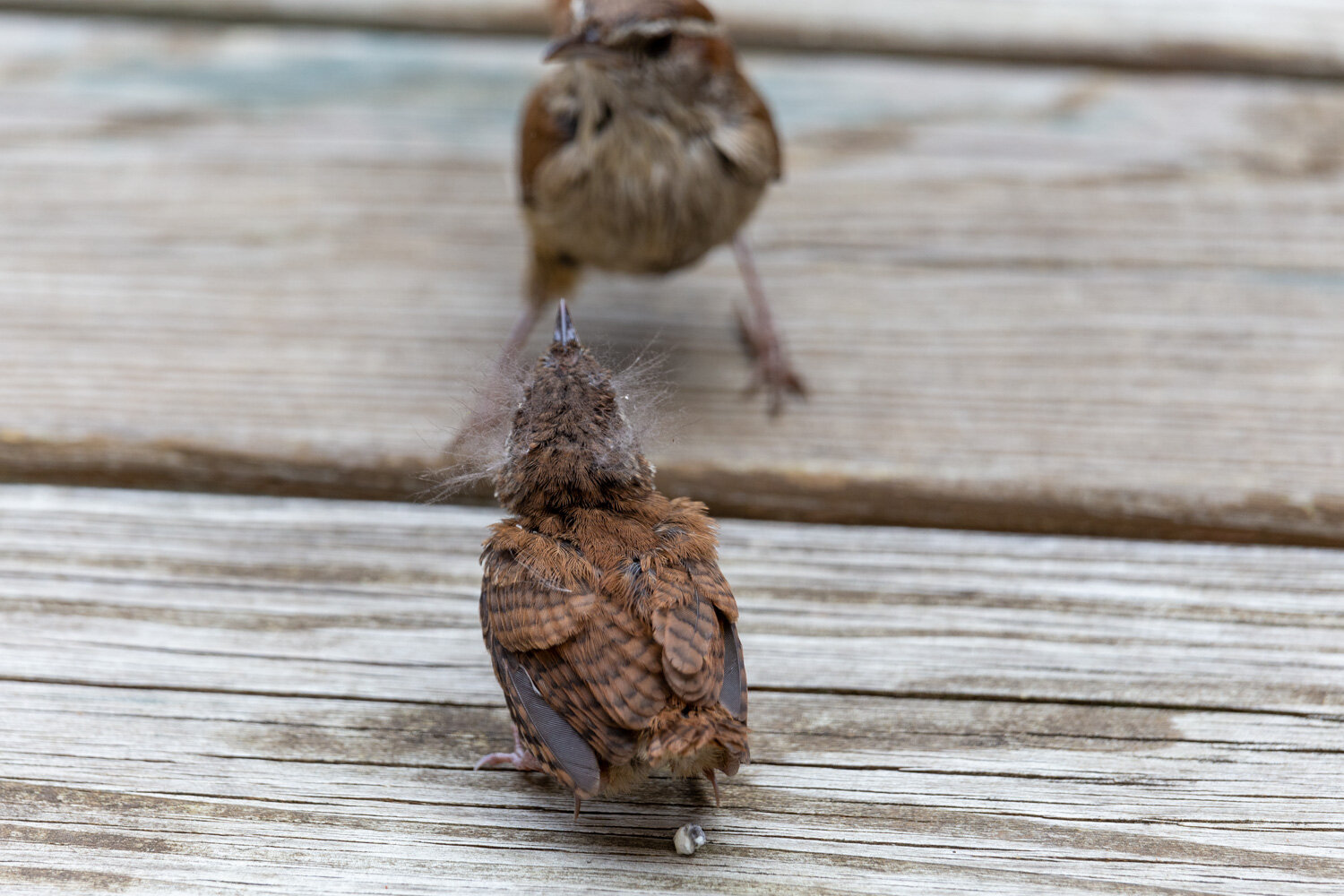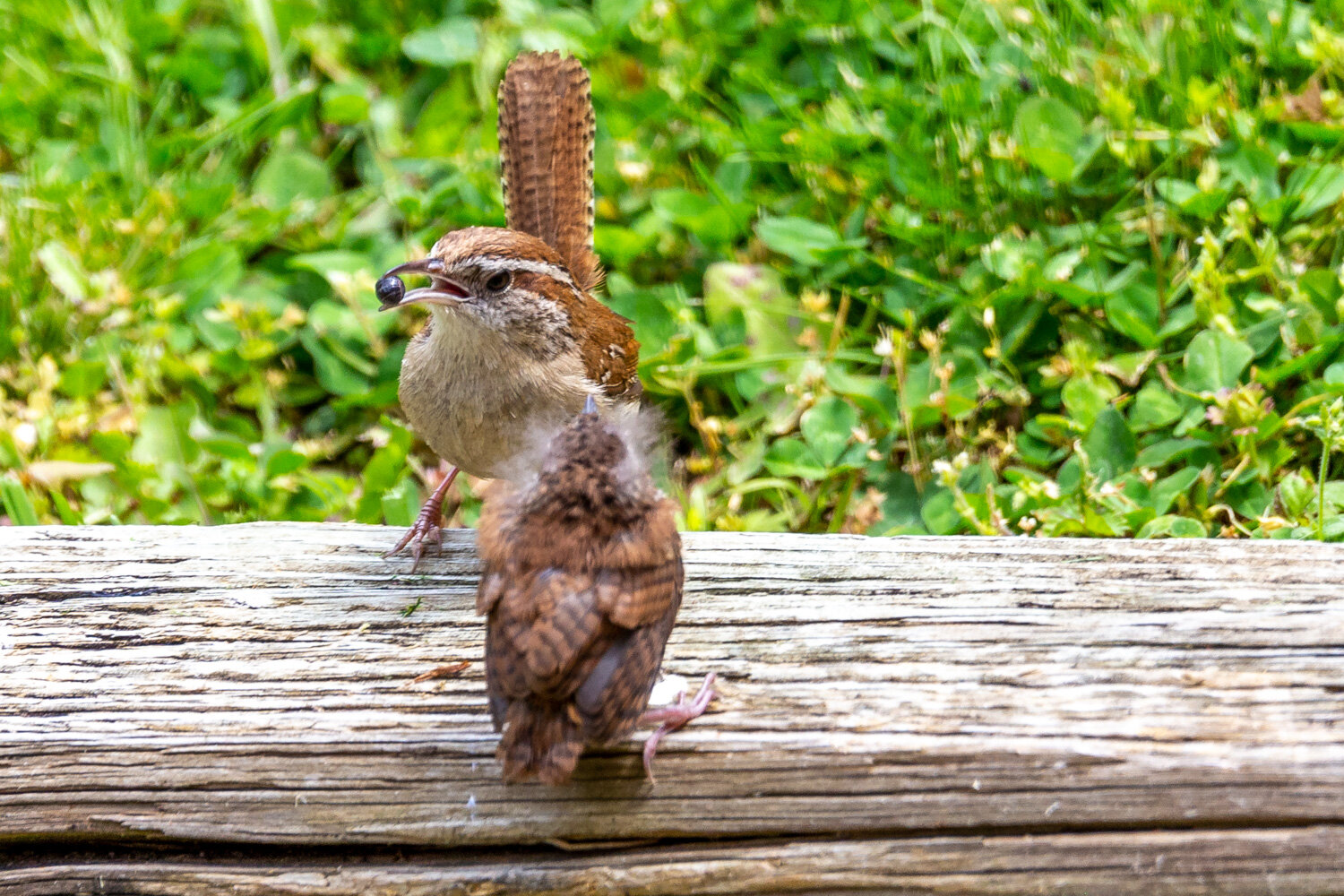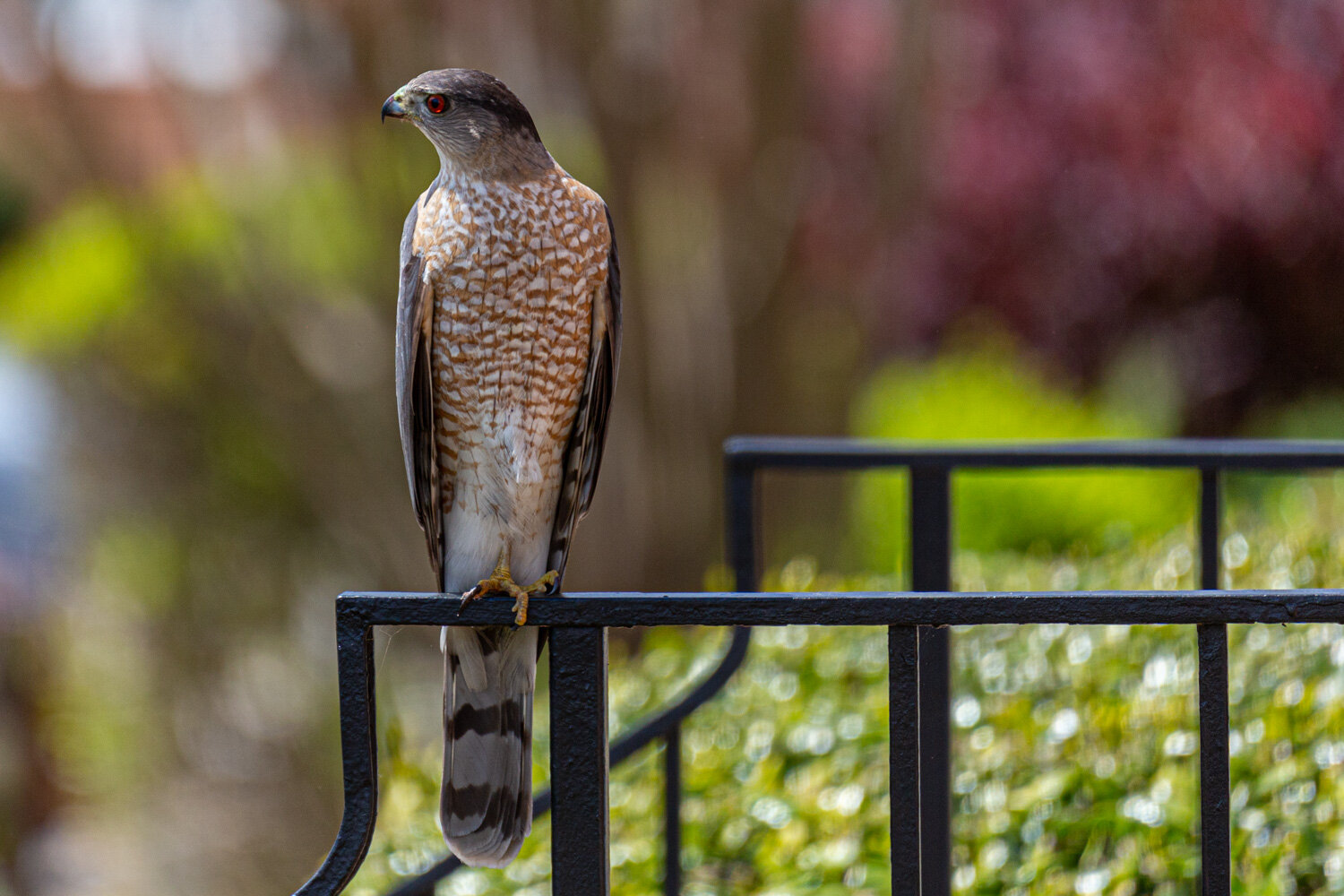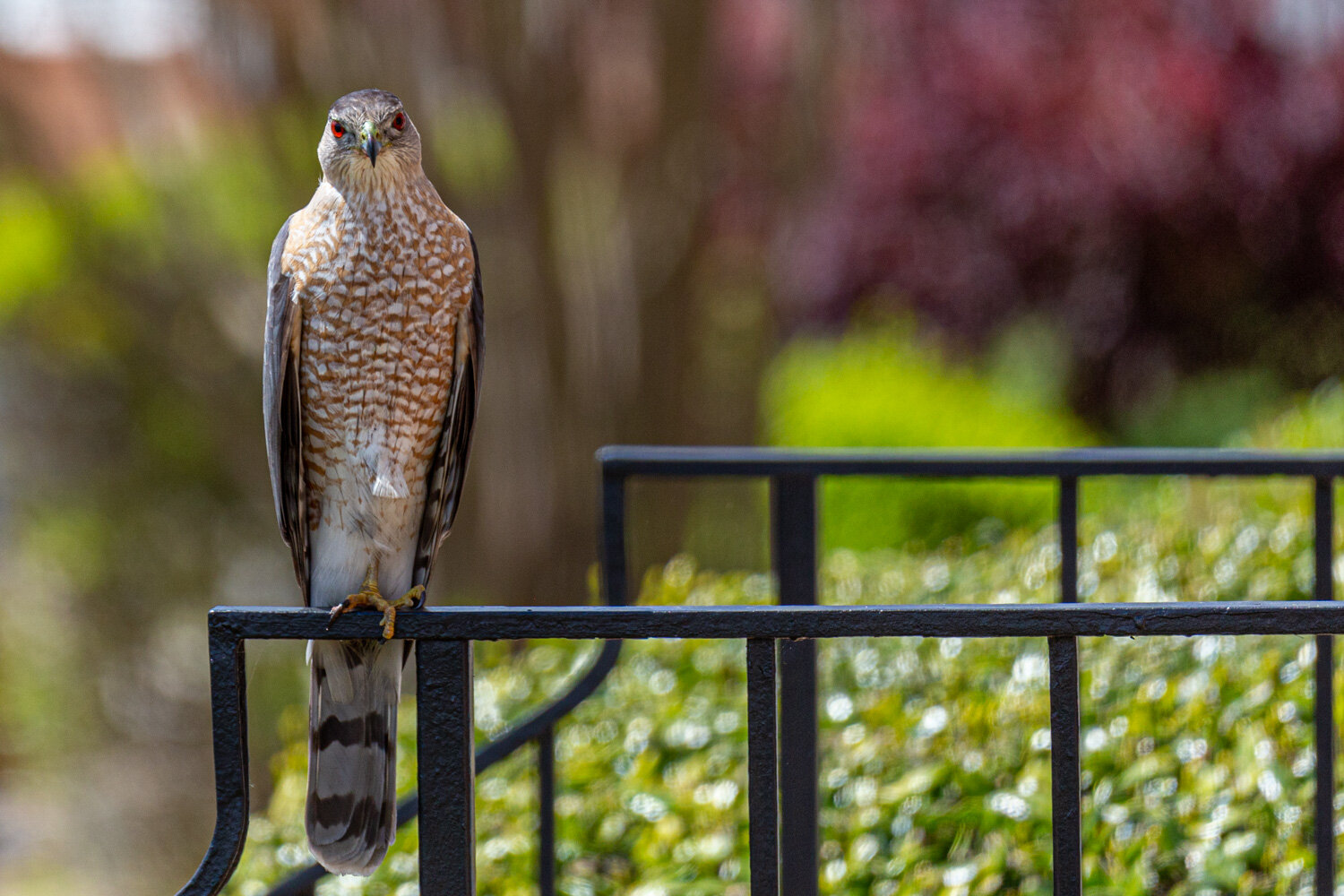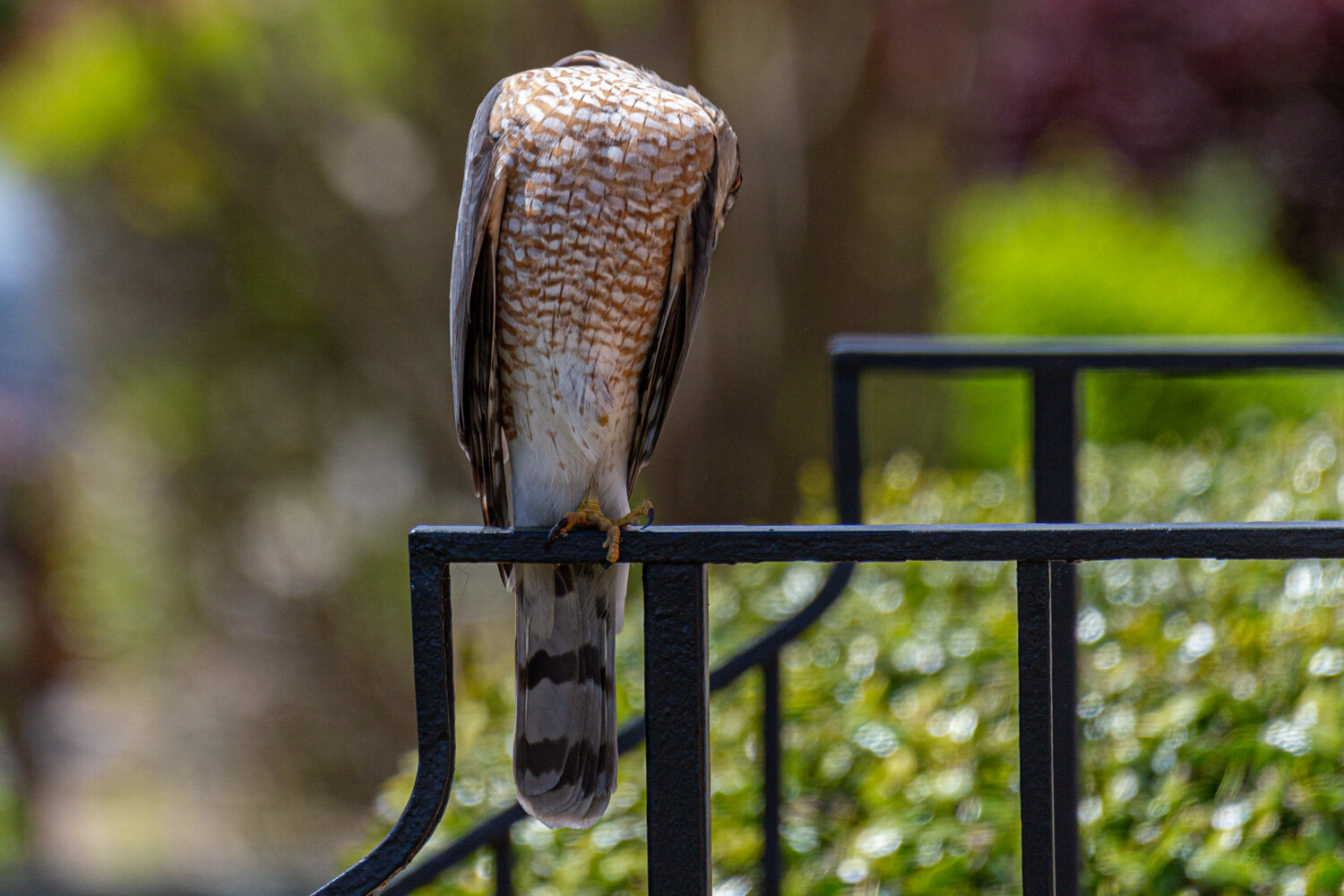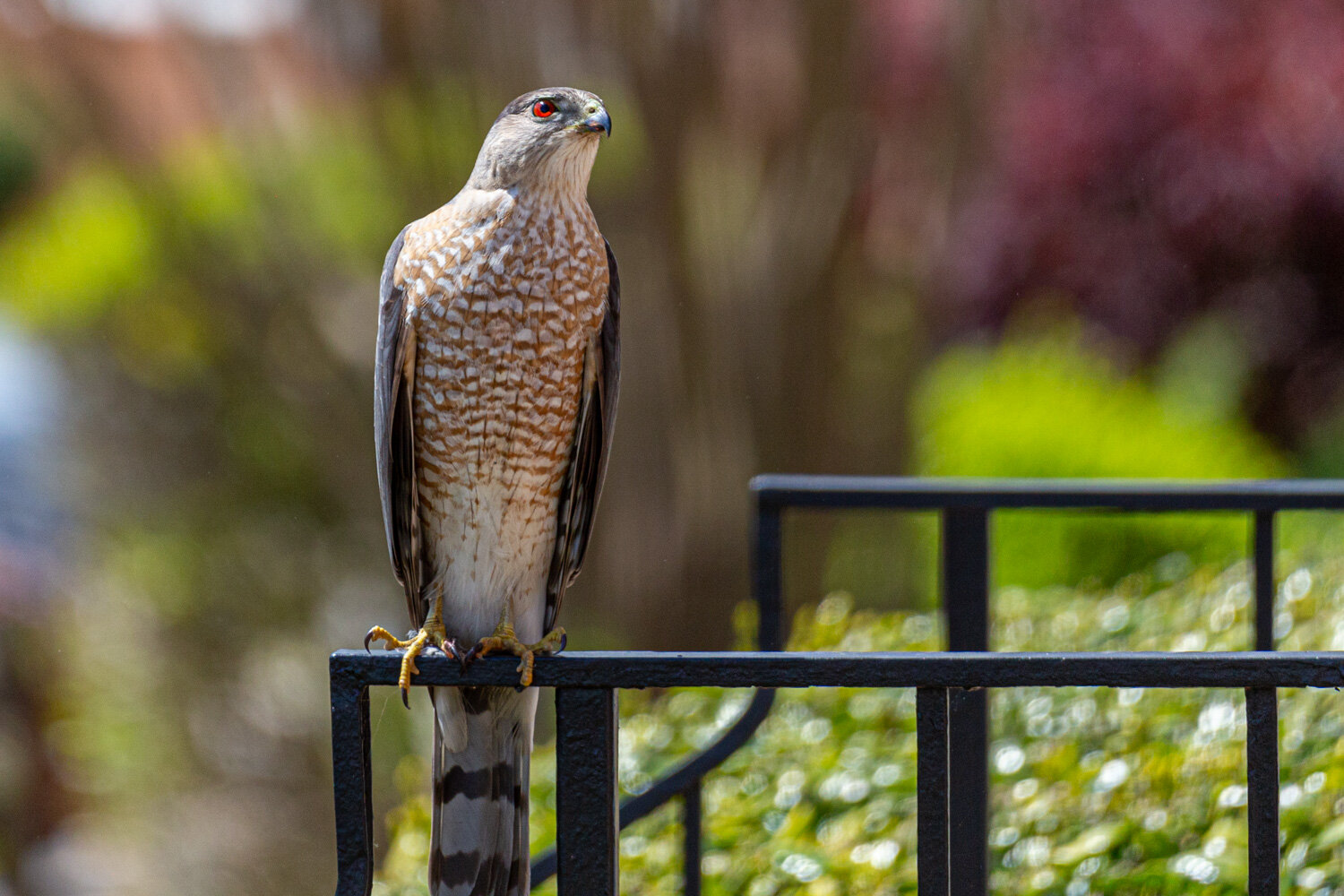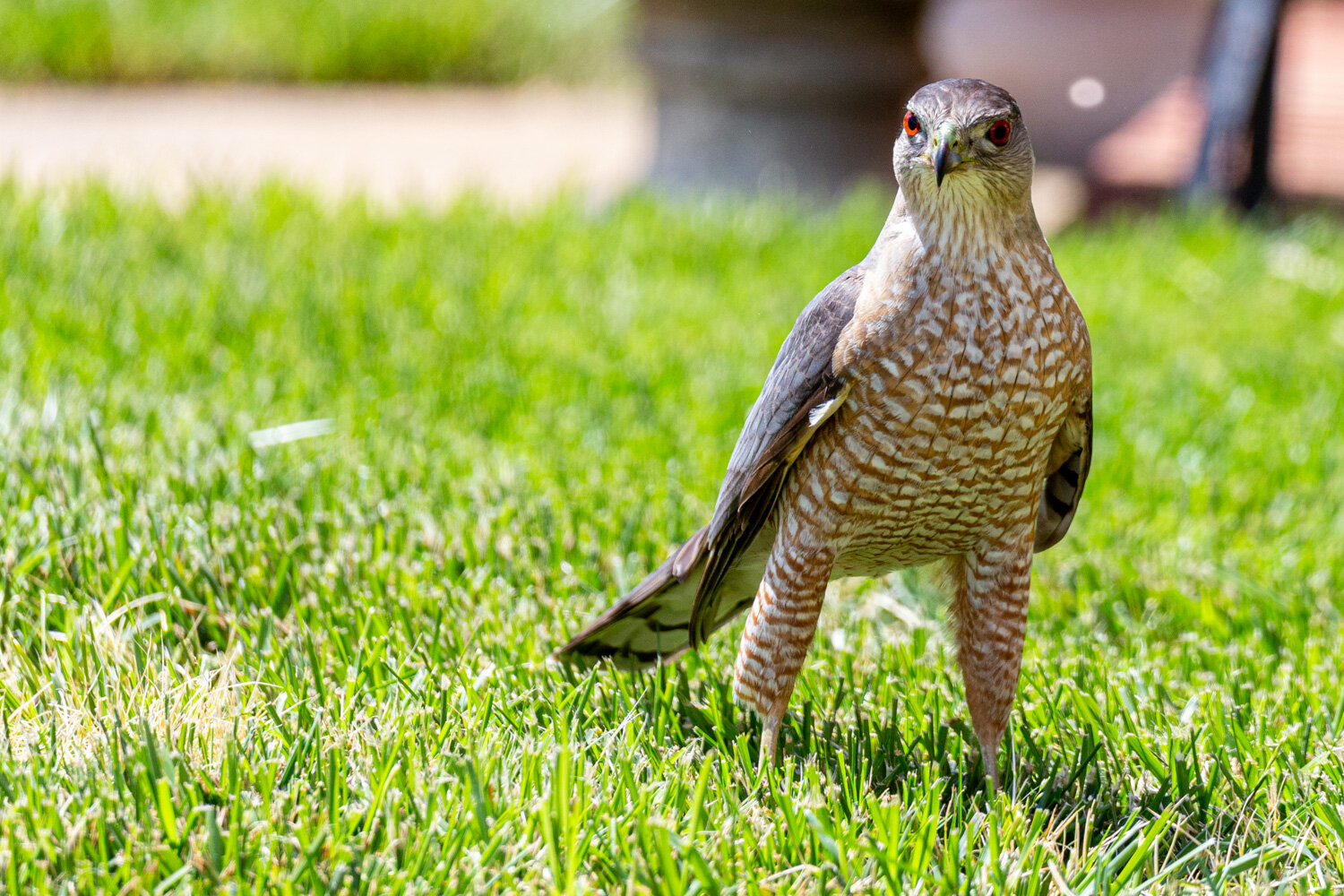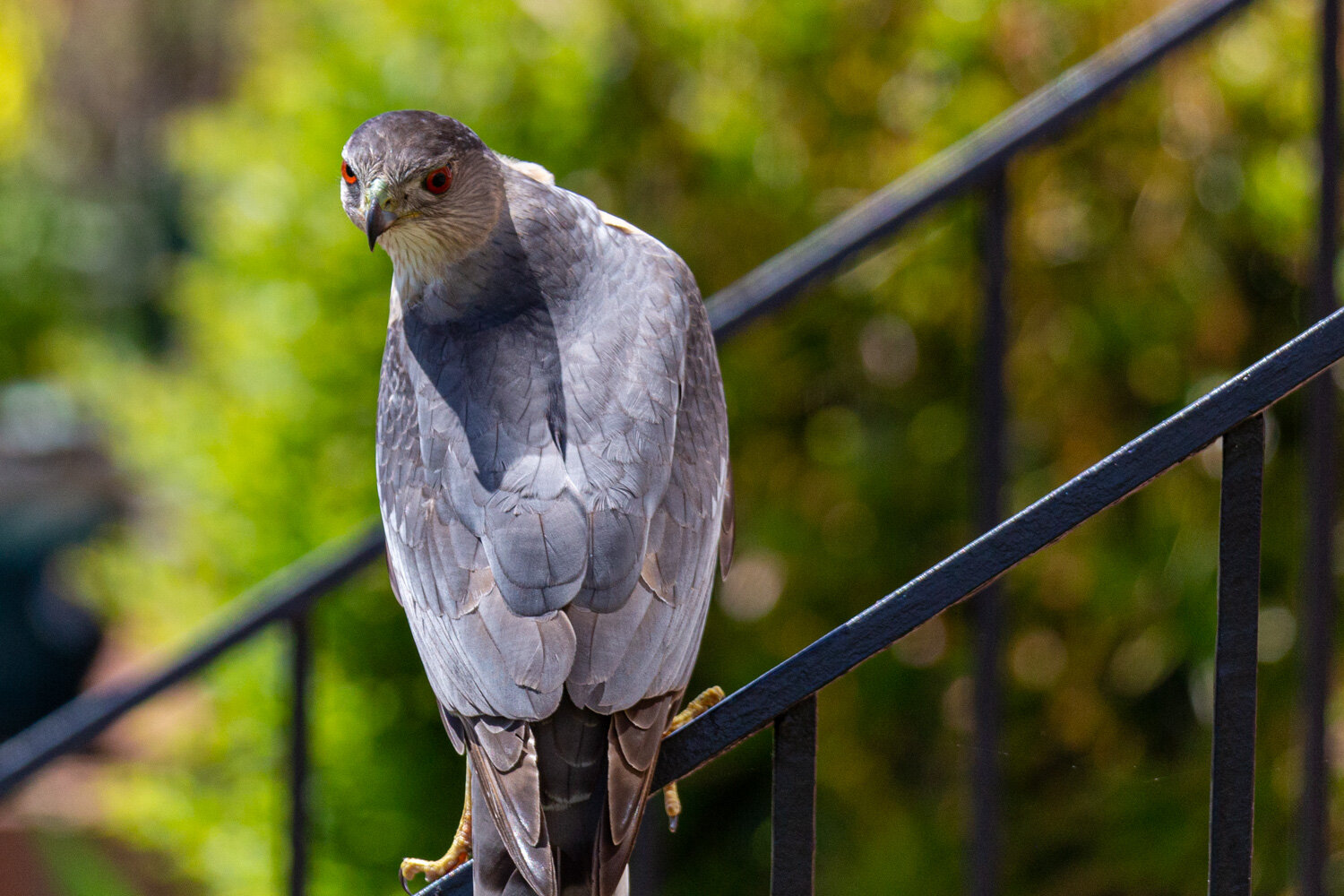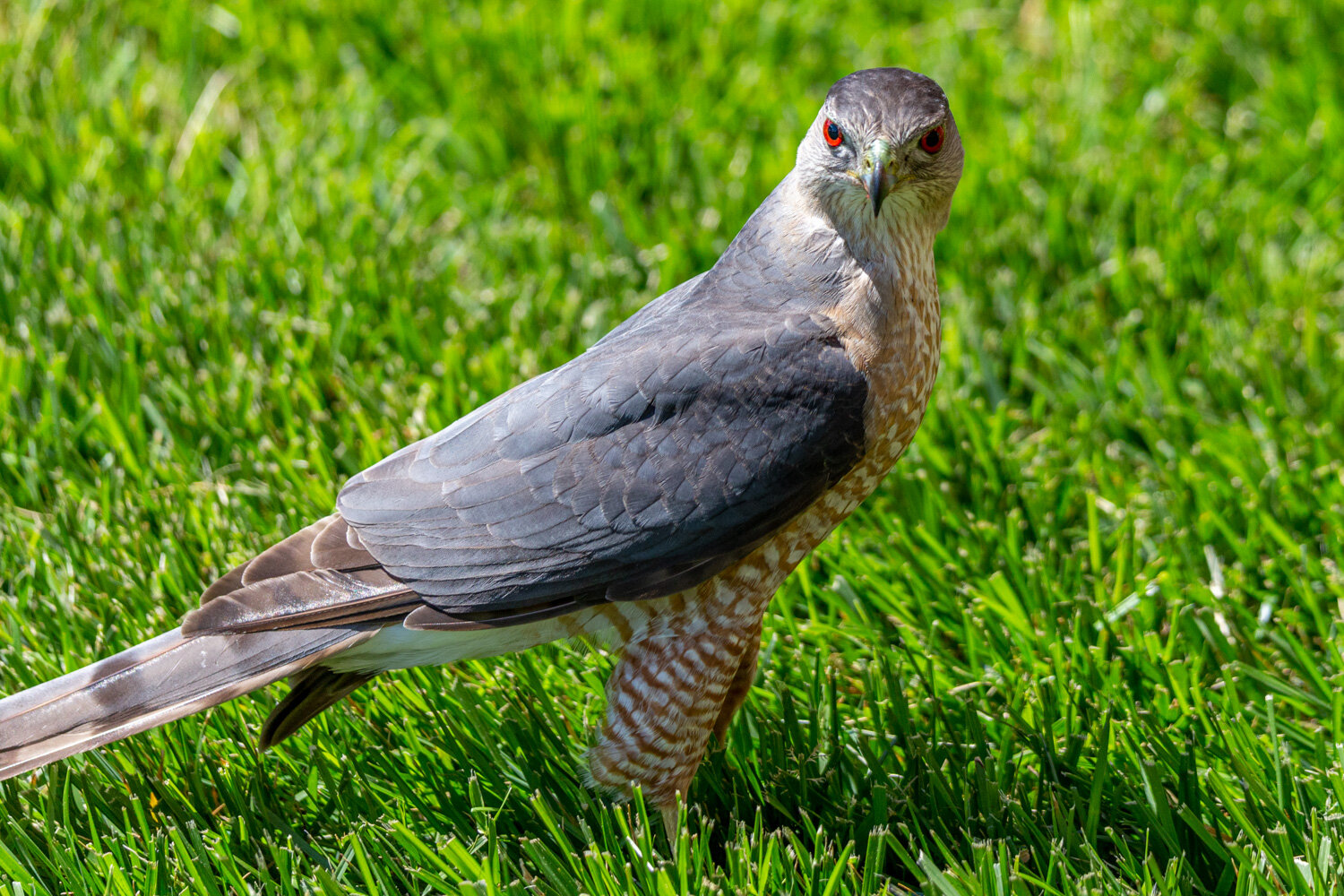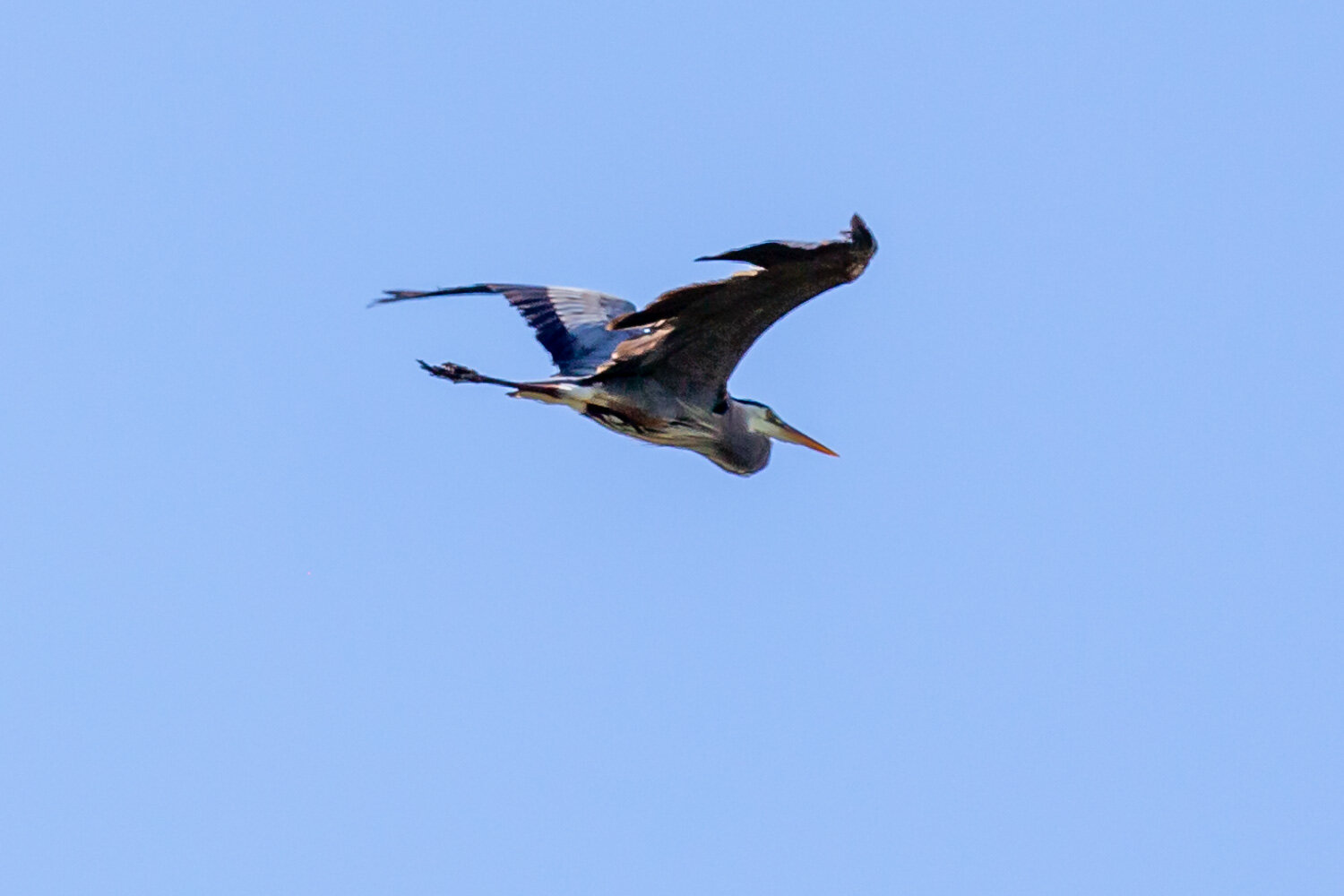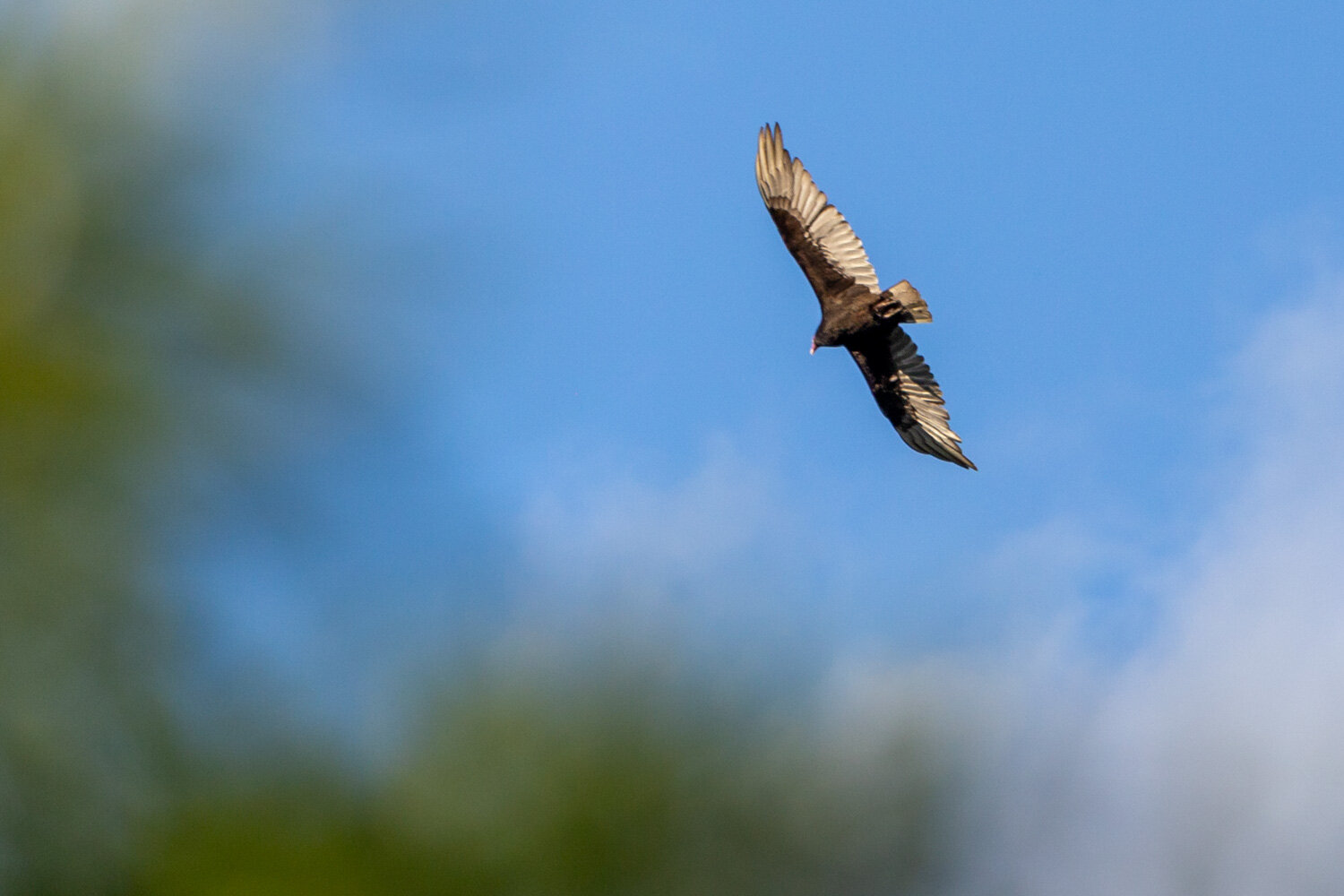Jan 1st
A cold, bright day. I love watching the diverse life in this wilded garden in the city. It’s remarkable how many species are attracted here, mostly brought about by just getting out of nature’s way.
Jan 2nd
Mild weather today. A large bumble bee is visiting the flowers of Mahonia Japonica for nectar. At this time of year it’s got to be a queen – the only one who survives through the winter – needing nourishment to get through the cold months.
I’m sitting in the garden, just quietly observing; it becomes a kind of meditation. For a while it may seem like nothing is going on; but really there is never nothing happening. There’ll be an animal or a bird or an insect doing something, or a new plant that you hadn’t noticed before. And there’ll be sound; the longer you listen the more layers of sound you realise there are. The intricate web of nature is always there and is always amazing in its workings.
Observing this challenges me in how I evaluate what is significant and worthy of attention. I realise more and more that the everyday and the mundane are in fact extraordinary: the amazingness of the commonplace. The seemingly prosaic or unglamorous species like the sparrow or earthworm or dandelion can reveal itself as charismatic when we give it our full attention. It makes you question the whole concept of what is conventionally charismatic or appealing
Sensing all this, for this moment of time I suddenly feel that transcendent momentary sense: that nothing could be changed to make anything any better. This is the Tao of wildlife gardening.
Jan 5th
The sparrows are out in force today, with fine weather after a day or two of rain. I never tire of watching them in the garden. There’s a large and growing flock who seem to never leave the place. All their needs are met here: food, protection, nest-sites, safe roosting – and lots of opportunities to bicker at one another. There is immense joy to be found in this connexion with the inhabitants of our little wildlife haven and the intimate insights into their lives.
Jan 6th
A woodmouse (Apodemus Sylvaticus: ‘one who goes abroad among the sylvan glades’) has been popping into the conservatory on the odd sunny day when we have the doors open to the outside, looking for something to eat.
This little creature tends to look in each day for a couple of days, and is surprisingly undaunted by our presence. It’s quite happy to move around our feet, picking up whatever bits fall from our plate, as long as we don’t move suddenly.
Jan 7th
In the late afternoon I notice numbers of redwing gathering in the big ash tree just outside our garden gate; as the sun goes down more and more of them gather until there are well over a hundred.
Jan 8th
The redwings are still gathered in the ash tree in large numbers, now covering its whole canopy.
Jan 9th
I look out first thing in the morning to check on the redwings: they’ve gone. And so has every berry that was on every holly tree in the garden. They probably departed in the middle of the night.
Jan 12th
The resident male blackbird is stabbing at windfall fruit from the apple tree that have remained intact on the ground into the winter. He’s starting to look glossy and his beak is turning a brighter colour: preparing to defend this very desirable territory, I imagine.
Jan 14th
The blackbird is now systematically eating ivy berries all day long; the visiting redwings didn’t take these.
Jan 16th
I’ve been watching the sparrows feeding today. It’s mysterious. They often leave a full feeder for hours, while at other times they pounce on it as soon as you put it out. I suppose it could be about the availability of other food sources, but at this time of year there isn’t an excess of other food around.
Jan 18th
Taking the dog out for bed-time walk and toiletries last night, I spotted a fox across the road. This one I recognised: a big old dog fox with a woolly face that makes him look like a bear. I’ve seen him around here for a long time, and I know where he lives – under an unused shed at the nearby allotments. He’s wary of people and dogs, which is probably how he got to be big and old. Tonight, as usual, he keeps his distance, then moves away.
Jan 20th
Two bluetits are forming a promising relationship, hopping round one another on the apple tree when the sparrows are not in evidence – they seem to keep away from those slightly bigger and more assertive birds.
Jan 22nd
I’m watching the sparrows as they finally settle down to roost in the holly tree as darkness falls. All has gone quiet. Then I notice one bird hop down to the lowest branch of the tree, do a poo, and hop back up to where it was before. Seems like this is sparrow etiquette: you just don’t poo on someone else’s head while they’re asleep. We’ve all been there.
Jan 23rd
It’s particularly dark this evening, completely overcast. Taking the dog for her night-time outing we encounter a different fox – a lot younger and sleeker than Big Old Bear Fox – and a lot less wary of people and dogs. Has this one taken over the territory?
Jan 25th
I’m delighted to hear – from the dog-walking fraternity, who spot more wildlife than everyone else in this neighbourhood – that Big Old Bear Fox is still around. Maybe he’s been pushed into an adjacent territory – or maybe he’s being tolerated by New Young Fox– maybe as a relative? Maybe even as proposed father to offspring?
Jan 26th
Big Old Bear Fox and New Young Fox have been seen – together. So now I’m hoping they’re a couple. Sentimentally. I’d be delighted for Big Old Bear Fox to become a father once more…probably for the last time.
Jan 27th
This evening I heard the first twilight mating-plus-territorial song of the year from the resident male blackbird: it’s beautiful and uplifting as ever. I know this bird is probably saying, “This is my territory so don’t even think about coming into my space or you’ll seriously regret it” but I never fail to feel joy from listening to it, especially just before dawn and again at dusk. Who knows, perhaps the bird feels joy too: the joy of telling others to **** off? That’s a sentiment I too sometimes experience.
Jan 29th
Big freeze. Now the ground is covered in hoar frost. Looking out my upstairs window at dawn, I see a dead fox in our next door neighbour’s garden, lying frozen and covered in white frost crystals. The neighbours let me into their garden. I’m pretty sure this is New Young Fox. She clearly didn’t die of hunger, because she’s in otherwise pristine condition. Incredibly beautiful and heartachingly sad.
Jan 31st
Sun shining warmly today. First male song-thrush of the year starts singing on the highest tip of the highest holly tree in the garden. Perching on the highest viewpoint in the vicinity – as thrushes are wont to do – and singing your heart out for a long time is a high-risk strategy, and numbers of thrushes are taken this way every year by sparrow-hawks or other birds of prey.
The sparrows are having their first splash of the year in the birdbath, always a joy to watch. They’re so exuberant and noisy that I can’t believe they’re not having a terrific time. My beloved sparrows continue to bring joy, so full of vitality and effervescent chattiness are they in any weather and any time of day. I love listening to them; they sound cheerful and optimistic to me, though I’m also perfectly aware that they’re mostly bitching, arguing, fighting and complaining to one another. I don’t care; cheerfulness, optimism and full-of-life-ness are still the effects their chatter has on me. Anthromorphique, moi? Certainement.
As January draws to close I’m reminded once again of the immense benefits urban wild gardening can bring: to the individual, to the local wildlife, to the cityscape, and indeed to the planet.
***
You can get free advance extracts from Gerry’s book “Wilding the Urban Garden” by signing up at urbanwildgarden.com
The book also has a Facebook page, at facebook.com/UrbanWildGarden


